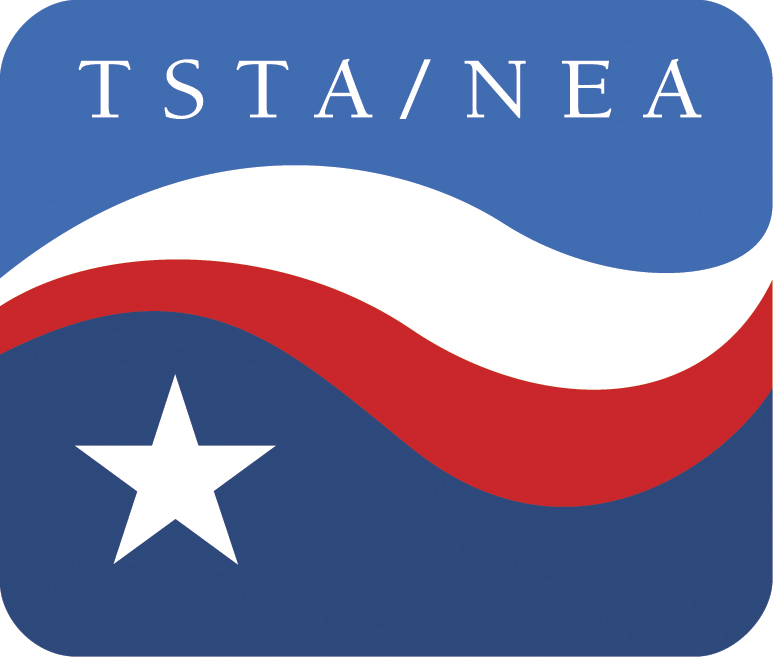Wondering what teachers think about STAAR testing
Geraldine “Tincy” Miller, a Republican member of the State Board of Education from Dallas, is wondering what, if anything, the board can do to improve STAAR test scores.
My immediate response would be for the conservatives on the board to stop rewriting history or ignoring science the next time the board reviews a set of textbooks or revises curriculum. But Miller had another idea – form a committee of teachers to discuss the problem, The Dallas Morning News reported. Teachers are the real education experts, after all, and they have to administer the tests and prepare students for them.
Perhaps Miller has heard the growing roar from parents, Republicans and Democrats alike, against standardized testing. Unfortunately, though, many of Miller’s Republican colleagues in state government – particularly the lieutenant governor and the state Senate majority – probably would consider her idea more heretical than anything else.
In their view, teachers are for campaign photo-ops. When they are looking for information about educational policy, they are more likely to turn to the pseudo, self-styled “experts,” privateers seeking to rake off tax dollars for vouchers or some other privatization scheme. Most of these “experts” haven’t set foot in a classroom in years.
So, I give Miller credit for acknowledging the real expertise of teachers, even though there isn’t much the State Board of Education can do about testing policy. That’s primarily a job for the Legislature.
I can’t speak for every teacher, but I suspect that, given the chance to tell the State Board of Education or the Legislature what to do about STAAR test scores, many teachers would tell officials to dump the STAAR and quit using standardized tests to punish students, teachers and campuses.
Here is a workable alternative. The state should replace the STAAR with a diagnostic test, administered at the beginning of the school year, to help teachers learn their students’ strengths and weaknesses, and then get out of the way. Leave teachers alone to do what they do best – teach. And, I don’t mean teach to a test. I mean help their students learn how to learn and experience the sense of real accomplishment that comes with that.

